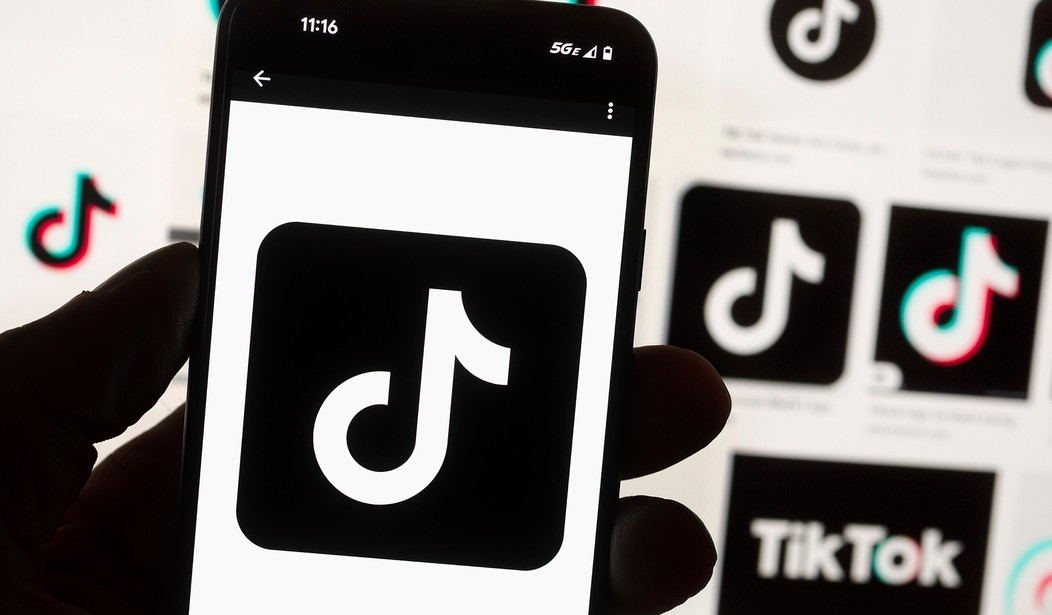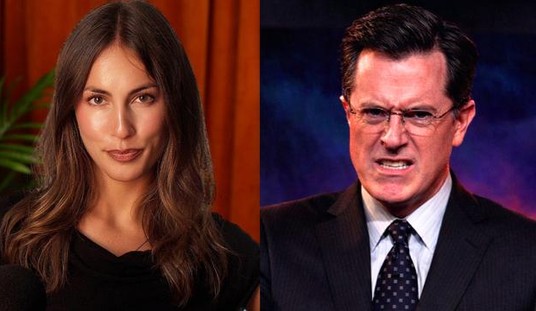My home state of Florida recently passed a bill (HB1) in its House designed to prohibit minors under the age of 16 from using social media, despite opposition from Democrats and Republicans alike, and Governor Ron DeSantis (R) said he wants the bill revised heavily before it is signed into law.
Although it is very easy to argue in favor of the bill since we continually hear horror stories of kids being abducted, recruited, groomed, and God knows what else through social media, you can make an equal case that the real problem is that parents should be more active in monitoring what their kids do on the internet.
A lot of Florida Republicans, including Gov. DeSantis, argue along this second line of thought, while those who argue in favor of the bill include its introducer, State Representative Erin Grall (R), who also recently introduced a bill expanding wrongful death lawsuits to include unborn children (which I covered not too long ago).
Related: Yet More Dishonesty From Pro-Abortionists
And here, we see one of the most stark examples in recent history of Thomas Hobbes' and John Locke's theories butting heads once more.
Thomas Hobbes, in his 1651 book "Leviathan," wrote that people are fundamentally selfish, and in a "state of nature" without government, we would all be at each other's throats because we can all lay equal claim to resources, property, self-defense, and what have you because nobody would be around to tell us "no."
Ergo, Hobbes' whole schtick took the phrase "you are your own worst enemy" and applied it to all of society. The government is designed to keep us from tearing each other apart because we all agree to it, which, in turn, gives the government permission to enforce this goal as strictly as possible (hence why the titular Leviathan is depicted as a big king made up of little people).
Locke, on the other hand, started from Hobbes' state of nature and came to a different conclusion, partly based on the idea that people are naturally cooperative and will work together for survival.
Thus, government, in Locke's view, is designed to act as an impartial mediator when people's rights come into conflict, and therefore, governments are not meant to be authoritarian. People can govern themselves for the most part.
Coming back to Florida's bill banning social media for minors, it is very easy to see where Hobbes and Locke are being channeled and why both sides are making valid points.
We continually see how harmful the unfettered nature of the Internet is, especially when kids are involved, and want something to be done about it. Yet this would curtail the rights of parents to decide what is best for their kids without the government shoving an agenda down their throats because they ultimately know what is better for their kids than the government does.
Few bills demonstrate the need for this delicate balance of knee-jerk, passionate demands for justice and rational consideration of other people's rights.










